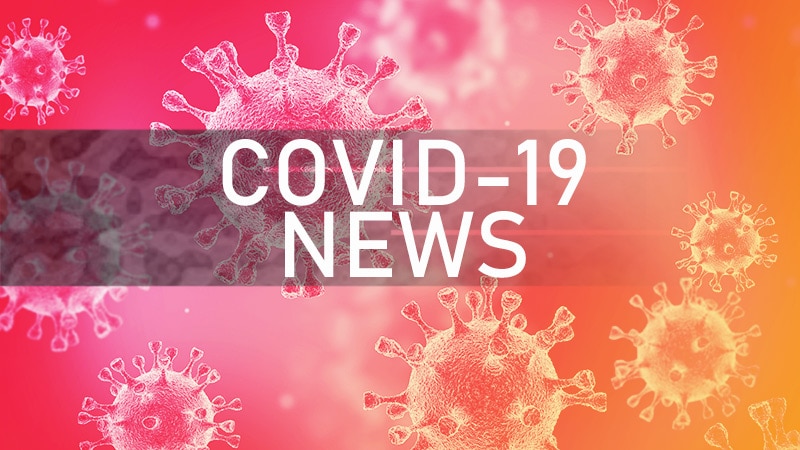Editor’s note: Find the latest COVID-19 news and guidance in Medscape’s Coronavirus Resource Center.
Scientists involved in oversight of the Operation Warp Speed COVID-19 vaccine trials are tempering excitement about efficacy, noting that the studies haven’t shown yet whether the products can prevent transmission of the SARS-CoV-2 virus.
“We don’t know if people can become infected and thus also transmit even with vaccination,” said former US Food and Drug Administration (FDA) Commissioner Margaret Hamburg, MD, in a November 18 briefing on COVID-19 vaccines, sponsored by the American Public Health Association (APHA) and the National Academies of Medicine (NAM).
For that reason and others — including if there isn’t significant uptake of vaccine — “people can expect to still be wearing masks, still be asked to follow non-pharmaceutical public health measures that we’ve all come to know so well,” she said.
It may take a year or more to get the studies to answer the transmission question, said Larry Corey, MD, who helps oversee the vaccine trials as part of the National Institute of Health (NIH)’s COVID-19 Prevention Network. With vaccination could come what researchers call “behavioral disinhibition” — they may start eating in restaurants, going to theaters, and sporting events without masks, he said.
That’s not a good idea, said Corey, who is also president and director emeritus of Fred Hutchinson Cancer Research Center in Seattle, Washington. Those who have been vaccinated could still continue to asymptomatically and unknowingly shed virus and spread disease. “I want people to start being aware of that,” he said.
“An Important Question”
The data from the Pfizer/BioNTech and Moderna vaccines that have been reviewed by Warp Speed and NIH officials “are about protection from symptomatic disease,” said Hilary Marston, MD, MPH, who coordinates the National Institute of Allergy and Infectious Diseases’ (NIAID) response to outbreaks, including COVID-19.
Marston, who spoke to reporters separately in a meeting convened by the Association of Health Care Journalists (AHCJ), said additional data down the road may help determine if the vaccines can prevent transmission.
That data will look at the duration of the viral shedding, and the amount of virus in nasopharyngeal swabs or nasal swabs over time. “That will give us a sense of the viral burden in breakthrough cases,” said Marston, who noted that those infections have been rare in the Pfizer and Moderna studies.
Pfizer reported 170 infections (162 in the placebo group) in some 41,000 participants. Moderna to date, has reported it had 95 cases (90 in the placebo group) in 30,000 participants.
The protocols, which are similar for the Pfizer trial and the five COVID-19 vaccines that are part of Warp Speed, will take an eventual look at asymptomatic transmission, said Marston. The studies are also conducting blood draws on participants to determine whether they have antigens that aren’t in the vaccine — which would indicate a potential infection at some point.
Corey said the studies aren’t designed to assess transmission. They “don’t ask that question and there’s really no information on this at this point in time,” he said during the APHA/NAM briefing.
“We don’t know what’s the level of nasal carriage that’s required for infection, and the duration of that, and what the vaccine does on that,” he said. “It’s an important question,” especially given that polls have shown a reluctance of many Americans to get vaccinated when a COVID-19 shot becomes available.
NIH Director Francis Collins, MD, told health reporters at the AHCJ event that it will take 80% coverage to get to herd immunity, and that is not likely to happen until summer 2021, “if all goes well,” he said, adding that it depends on Americans getting the vaccine.
“One of the greatest tragedies you can imagine in our technological society would be if the science says we can get there, and we have the doses, and a significant proportion of Americans turn them down, and then this epidemic goes on and on and on,” he said. “I dearly hope that’s not what we’re looking at.”
For more news, follow Medscape on Facebook, Twitter, Instagram, and YouTube.
